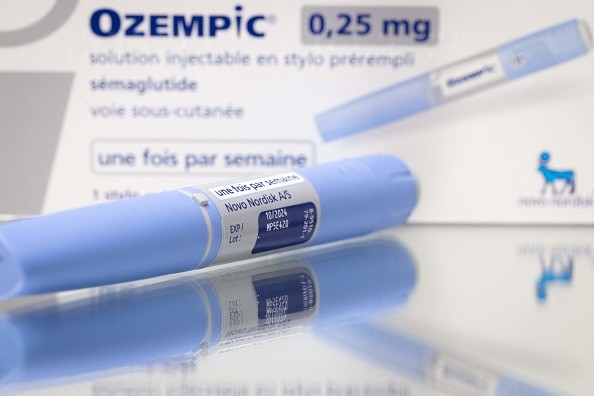The US Food and Drug Administration approved the active ingredient called tirzepatide in the drug Zepbound as a weight loss treatment for obese people on Wednesday.
Tirzepatide, a diabetes drug, was sold under the brand name Mounjaro, manufactured by pharmaceutical company Eli Lilly and Co.
FDA Approves Zepbound as a Weight Loss Treatment

FDA approved Zepbound as a weight loss treatment for people with obesity or those who are overweight and were also suffering from related underlying conditions, such as high blood pressure, type 2 diabetes, or high cholesterol.
According to ABC News, Zepbound was similar to semaglutide, in which Novo Nordisk made the active ingredients Ozempic and Wegovy in the medications. However, the drug was slightly different as it targets two hormones involved in blood sugar control instead of just one.
Furthermore, the studies revealed that Zepbound could lead to more dramatic weight loss than semaglutide. Eli Lilly released the clinical trial results of participants who took Zepbound earlier this year. The participants were overweight or obese and had type 2 diabetes and lost up to 15.7% of their body weight over 72 weeks of treatment.
A study found that tirzepatide helped some obese people to lose about a quarter of their body weight, paired with a complete diet and exercise program.
Furthermore, medications like Mounjaro, Ozempic, Wegovy, and Saxenda were initially approved to treat diabetes. However, the researchers also found that the drugs could also be a weight loss medication.
In 2021, the FDA approved Wegovy for long-term weight management in people who were overweight or obese. While Saxenda was approved for adults in 2014 and ages 12 and older in 2020.
Ozempic was only approved to treat diabetes, a weekly injection that helps lower blood sugar by helping the pancreas make more insulin. However, several physicians have advised the drug as a weight loss medication.
What is Obesity?
Obesity specialists explained that obesity is a metabolic condition that cannot be adequately managed with extensive diet and exercise alone for most people. Some people had to go through surgery or lifelong medication management as a way to help manage and treat obesity.
According to the Centers for Disease Control and Prevention, about 41.9% of the US adult population suffers from obesity in 2017 to March 2020. The CDC explained that obesity increases the risk of heart disease, stroke, and certain types of cancer, which are the leading causes of preventable and early death.
The estimated annual medical cost of obesity in the US was nearly $173 billion in 2019. CDC said that medical costs for adults who had obesity were $1,861 higher than medical costs for people with normal and healthy weight.








